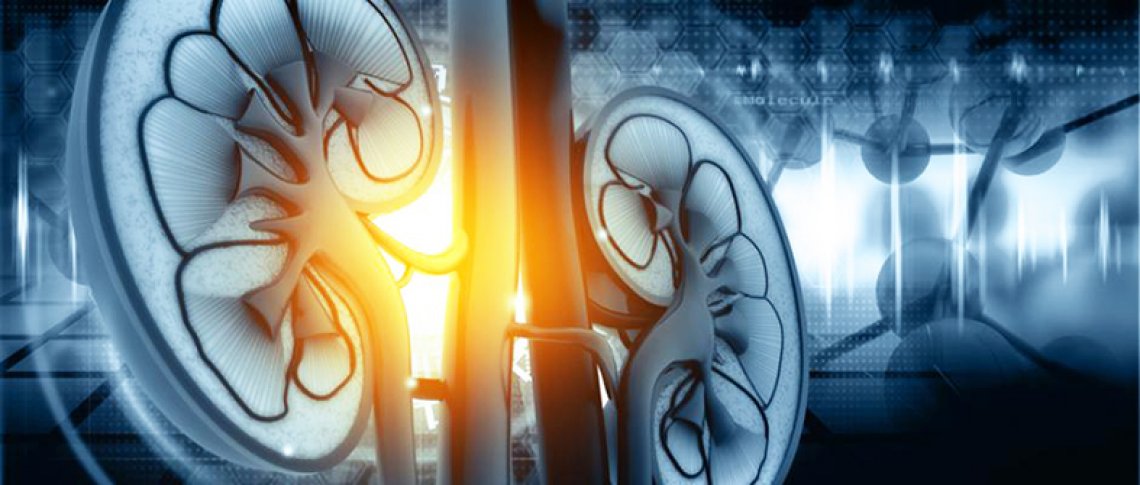Share this Page:
People with kidney cancer have been shown to have changes (mutations) in a gene called the von Hippel-Lindau gene (VHL). This results in high levels of a protein called hypoxia-inducible factor, or HIF-2α in the blood of these patients. This causes changes in the cancer cells that make the tumour grow. A new medicine called belzutifan is a tablet that blocks the action of HIF-2α and, therefore, blocks cancer cell growth.
There were 746 patients enrolled in this phase 3 clinical trial, called LITESPARK-005. 374 patients were treated with belzutifan, and 372 with everolimus.
After an average of 18 months follow-up, the time to when the treatment stopped working and the cancer started growing again (progression-free survival) was significantly longer for belzutifan compared to everolimus, with nearly a quarter of the patients in the belzutifan group and just over 8 in 100 patients in the everolimus group alive and free from progression. More than 20 in 100 patients responded to treatment with belzutifan, compared to less than 4 in 100 patients responded to everolimus.
After and average of over 2 years follow-up, the overall survival time did not differ significantly between the groups.
The tolerability of belzutifan and everolimus was similar, although less patients stopped treatment because of side effects in the belzutifan group.
Belzutifan showed a significant benefit over everolimus with respect to progression-free survival and response to treatment in previously treated patients with advanced kidney cancer.
Belzutifan has already been approved by the FDA (December 2023) for use in America for heavily pretreated clear cell kidney cancer patients, based on the LITESPARK-005 results: FDA approves belzutifan for advanced kidney cancer – Action Kidney Cancer
Belzutifan has been approved in some countries (including Scotland) for the treatment of people with VHL disease who develop tumours in the kidney, brain and spinal cord, or pancreas. Belzutifan is available through the Cancer Drugs Fund for the treatment of people with VHL disease in England and Wales.
The National Institute for Health and Care Excellence (NICE) has recently suspended the appraisal of belzutifan for heavily pretreated clear cell kidney cancer patients in England and Wales.
Action Kidney Cancer approached the company (MSD) that develops belzutifan for a comment about this news and they gave us the following statement.
“Overall survival is the ‘gold standard’ endpoint in cancer clinical trials. It plays a key role in determining the clinical- and cost-effectiveness of a new intervention and whether it is recommended by NICE for use in practice.
“LITESPARK-005 looked at belzutifan monotherapy versus everolimus for previously treated advanced renal cell carcinoma. MSD recently presented the study’s final analysis, revealing that overall survival was not achieved. As a result MSD withdrew from the NICE process.
“We recognise this is disappointing news for patients. MSD remains committed to the RCC community and will continue to look for opportunities to support patients and clinicians in this space.”














